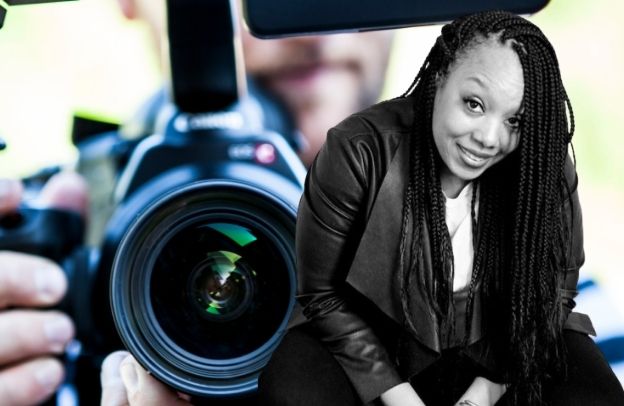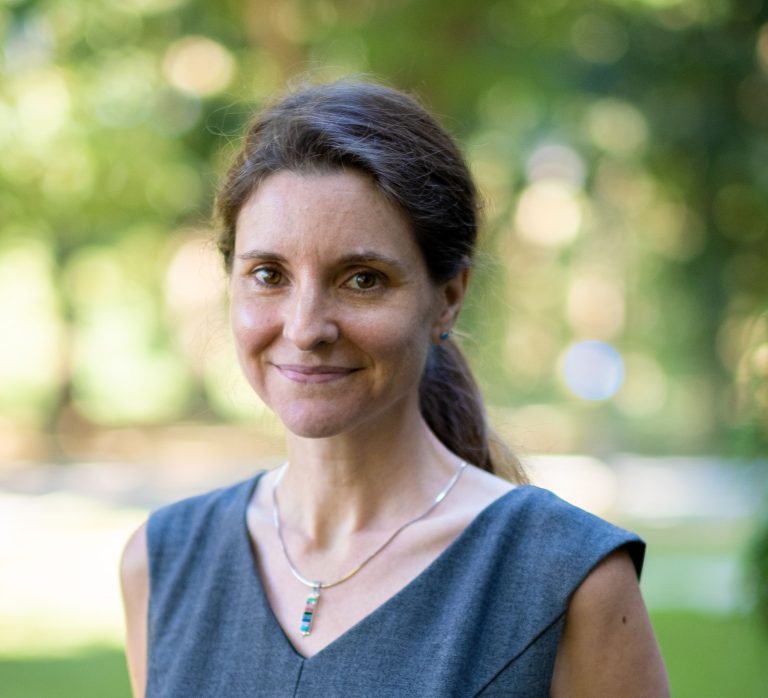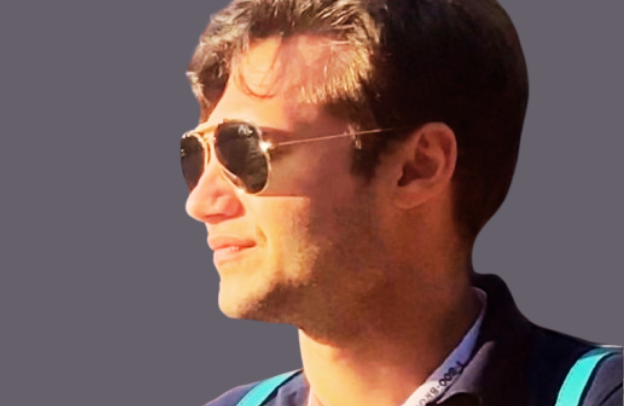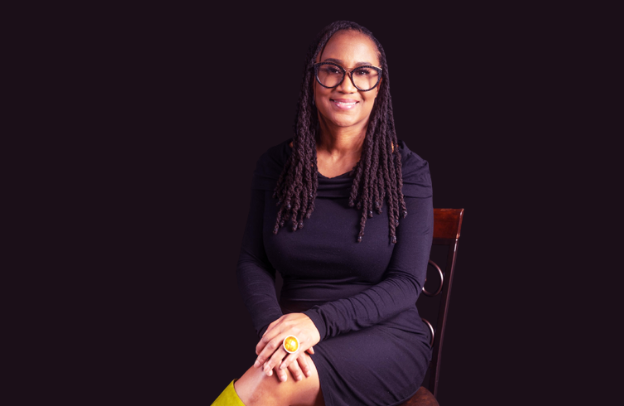Breaking Barriers: Leisha McKinley Beach on the US Public Health System & HIV with Black Americans

There are stories etched into the very fabric of our communities, tales of resilience passed down through generations. These narratives, as Obehi Ewanfoh often emphasizes on The Obehi Podcast, are not just relics of the past; they are the foundation upon which we build our future.
Learn How to Leverage Your Story through our Story To Asset Framework.
They are the source of our strength, our guide to self-mastery, and the playbook for our survival. But what happens when the story being written in the present is one of systemic failure and profound disparity?
See the full interview with Leisha McKinley Beach
In a recent, powerful conversation, Obehi sat down with Leisha McKinley-Beach, a national consultant in Public Health and Black Health, to uncover a stark reality. While medical science has made extraordinary leaps in combating HIV, the Black community in the United States continues to bear a disproportionate burden.
This isn’t just a health crisis; it’s a crisis of connection, access, and justice, deeply rooted in the nation’s history. Leisha’s insights reveal a path forward, one that requires us to understand the roots of the problem to reclaim our health and shape our legacy.
Why History Matters in Healthcare
To understand the present, we must first look to the past. Leisha McKinley-Beach takes us back to a pivotal moment in American public health history: the infamous federal government study that took place in Tuskegee, Alabama.
“I lay the foundation about public health and black communities there,” she explains, “because it’s in this moment that we see where medical mistrust became so ingrained within black populations.”
This wasn’t an isolated incident. It was a profound betrayal that left a deep scar on the collective psyche of Black America. The memory of this and other injustices has been passed down, creating a legacy of skepticism.
As Leisha puts it bluntly, “This country has given us reasons not to trust the healthcare system.” This historical context is not an excuse; it’s an essential piece of the puzzle. It explains why a new medical breakthrough isn’t always met with open arms and why a public health campaign might fail to connect.
See also See also Building Cultural Understanding: How African Diasporans Can Participate in Africa’s Rich Traditions
However, the story doesn’t end with mistrust. Within this very system, there are beacons of hope. “There are trusted individuals within our community that bear the name of doctors and clinicians and nurses and social workers,” Leisha notes.
These individuals are on the front lines, working tirelessly to bridge the gap and rebuild that broken trust, one patient at a time.
They understand that healing requires more than just medicine; it requires empathy, cultural understanding, and a genuine commitment to the community they serve. This is where true collaboration begins, fostering a new narrative of health and empowerment.
Unmasking “The Granddaddy of Them All”
The conversation about health in the Black community cannot be had without addressing what Leisha calls “the granddaddy of them all”: racism. Its impact is not abstract; it’s written in cold, hard data.
Consider these staggering statistics from the heart of the HIV epidemic in the United States:
- Black people make up just 13% of the U.S. population but account for a staggering 40% of the HIV epidemic.
- When we look specifically at women, the disparity is even more shocking. Black women represent nearly 60% of all new HIV cases among women in the U.S.
“There’s something wrong with this picture,” Leisha asserts, and the picture becomes clearer when we examine the rollout of modern medical marvels. Today, we have the tools to virtually end the transmission of HIV.
Viral suppression therapy means people living with HIV can lead long, healthy lives without transmitting the virus to their partners. Pre-exposure prophylaxis, or PrEP, is a medication that can prevent HIV-negative individuals from contracting the virus.
These are game-changers. Yet, access to them tells a tale of two different Americas.
Leisha points out that an estimated 90% of white men who could benefit from PrEP have a prescription. For Black people, that number plummets to between 14% and 18%. This isn’t an accident; it’s the result of systemic barriers.
These include a lack of awareness (many don’t even know PrEP exists), financial hurdles like co-pays and lab fees, and a healthcare system where providers often fail to even initiate the conversation with their Black patients.
The tools for liberation exist, but the systems meant to deliver them remain locked behind doors of inequity.
The Community Playbook: Lessons from Our Elders
So, where do we find the solutions? Leisha’s journey offers a powerful lesson. She didn’t learn her most crucial strategies for advocacy in an academic institution. She learned them from watching the elders in her rural Southern community.
She recalls the Black women who organized church events with an unwavering “spirit of excellence,” supporting one another through hardship and celebration.
“People who had so little… did so much to support one another,” she reflects. “They left that type of playbook, that strategy, for us to employ.” This wisdom, passed down through generations, is a testament to the power of community.
It’s a living example of Ubuntu, the philosophy that “I am because we are.” Her grandmother, a “prayer warrior,” instilled in her a faith that no obstacle is insurmountable, a legacy she now passes to her own daughter.
This is the essence of moving from roots to relevance. The strategies for our survival and prosperity are already within our stories and our communities. It’s about recognizing this inherent power and applying it to modern challenges.
Obehi Ewanfoh’s “Story to Asset Framework“ teaches entrepreneurs to do just this, to transform their personal history into a powerful tool for connection and impact. The same principle applies to public health.
We must own our story of resilience and use it to design solutions that are culturally resonant and built on a foundation of communal strength.
A Blueprint for a Healthier Future
The path forward requires more than just awareness; it demands intentional action. Leisha McKinley-Beach outlines a clear, three-pronged approach to creating lasting change for our life and legacy:
- Dismantle Racist Systems: The first step is to confront and dismantle the infrastructures rooted in racism that perpetuate health disparities. This is the heavy lifting, the systemic work that addresses the root causes rather than just the symptoms.
- Integrate Culture and Storytelling: Healthcare models must be redesigned to include our culture, our belief systems, and our ways of passing down information, especially through storytelling. A healthcare system that doesn’t see or understand the people it’s meant to serve is destined to fail them. We need solutions designed by us, for us.
- Achieve Freedom from Barriers: We must work to be free from the interconnected “isms” and systemic barriers, such as poverty and police brutality, that directly impact health outcomes. Health is holistic. We cannot address HIV without addressing the social determinants that create vulnerability in the first place.
The greatest immediate obstacle, Leisha notes, is often political will. She describes voting not as a sprint, but as a “marathon”—the sustained effort to elect leaders who understand the lived experiences of Black people and are committed to creating equitable policies.
See also Master Parenting with SMART Goals: Expert Tips from Parenting Coach Helen Hicks
Leisha’s journey, which began as a peer educator at 17, is a powerful reminder that this work is a lifelong commitment. The fight for health equity is inextricably linked to the fight for racial justice. It’s a fight for the right to not only survive but to thrive, to live long, healthy lives, and to build a legacy for the generations to come.
To hear the full, inspiring conversation with Leisha McKinley-Beach, tune into The Obehi Podcast. To connect with her work directly, you can find her on LinkedIn, Facebook, and Instagram @LeishaMcKinleyBeach.





